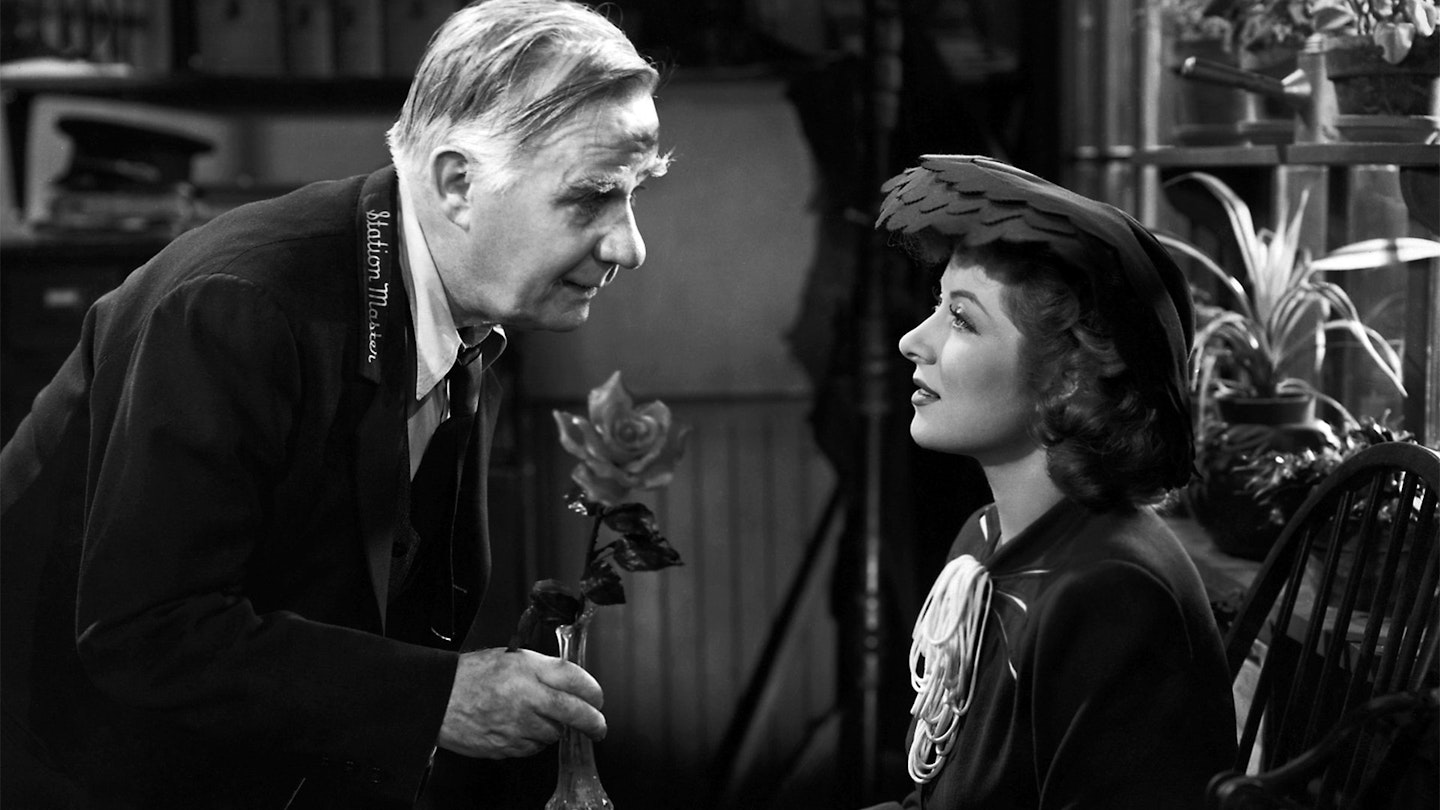Greer Garson hadn't wanted to make this homage to British pluck, after it was rejected by Norma Shearer. She not only felt too young to play a fortysomething housewife, but she was also on the verge of breaking her MGM contract to return home to do voluntary work. However, she ended up landing both the Oscar for Best Actress (famously making a 6 minute acceptance speech) and a husband, as she married co-star Richard Ney (who was 10 years her junior).
German exile William Wyler, on the other hand, had been so keen to make this adaptation of Jan Struthers's morale-boosting stories from The Times that he was prepared to take on both Louis B. Mayer and the Isolationists in Washington (who believed that Hollywood was part of a Jewish conspiracy to coerce America into war with the Third Reich). But all attempts to tone down the story's anti-Nazi elements were abandoned after Pearl Harbor occurred just before shooting began.
Yet, this is not an overtly propagandist picture. Garson's capture of wounded Luftwaffe pilot Helmut Dantine and Walter Pidgeon's participation in the Dunkirk rescue were a touch fanciful for the residents of the once-quiet village of Belham. But the depiction of the air raid and the myriad inconveniences of everyday life were credible enough. Indeed, Wyler even had a gentle dig at the British class system by having May Whitty's blue blood challenged in the rose-growing contest by stationmaster Henry Travers and allowing Richard Ney to spout some fashionable Oxbridge notions of social equality.
But Wyler's pride in the picture's authenticity was dented when he came to Britain to make war documentaries and realised how much he had romanticised the whole Home Front experience. Yet, Churchill deemed the film `propaganda worth a hundred battleships' and Franklin D. Roosevelt had vicar Henry Wilcoxon's rousing sermon (which he had written with Wyler on the night before shooting and performed in one take) broadcast on Voice of America radio and translated for a leaflet drop across Occupied Europe. Moreover, its unprecedented blanket release across the States made it the biggest box-office hit of the 1940s.
